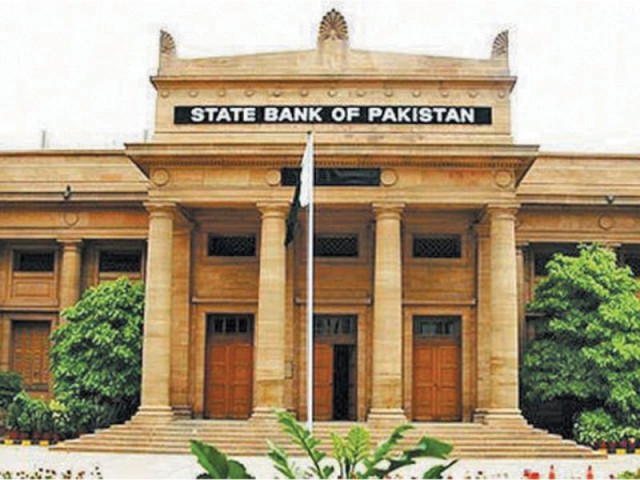Islamabad:
The vice governor of the State Bank of Pakistan (SBP), Dr. Inayat Hussain, warned Wednesday that the government’s decision to reduce subsidies to promote foreign remittances, which reached a record of $ 38 billion, can reduce the flow through bank channels.
The statement occurred in the midst of a disagreement between the Federal Government and the Central Bank on the subsidies of the positions in the new fiscal year 2025-26 under the Pakistan remission initiative (PRI). The Ministry of Finance has not assigned any sum for the scheme, while the Central Bank has also demonstrated its inability to provide funds.
The steps that the government will push the remittances to the informal sector, said Inayat Hussain as he spoke during a meeting of the Permanent Senate Committee on Finance. Directed by Senator Salem Mandviwalo, the committee had called the SBP to explain the reasons behind the fastest increase in subsidies compared to remittances. In recent years, subsidies increased five times compared to an increase of only twice in remittances, Mandviwalla said.
The Central Bank reported Wednesday that workers’ remittances increased 26.6% to $ 38.3 billion in the fiscal year recently finished. Pakistan became the fifth largest receptor of foreign remittances in the world.
The Pakistan Popular Party Government launched the PRI in 2009 when the amount sent by the Pakistani abroad was only $ 7.8 billion. Remittances are now the largest source of foreign profits, which are even $ 6 billion higher than exports.
However, last month, the government substantially reduced remittance incentives and did not assign anything in the budget for this fiscal year compared to RS85 billion for the last fiscal year.
Against the allocation of RS85 billion, the Central Bank billed RS200 billion to the Ministry of Finance. Of the total cost, around 85%, or RS170 billion, was under the scheme of telegraphic transfer charges (TT).
The additional secretary of Finance, Amjad Mehmood, told the Permanent Committee that the federal cabinet had approved a review of the scheme after a summary moved by the Ministry of Finance.
The development occurred in the midst of increasing pressure on the rupee, which was further depreciated at RS284.5 in the interbank market. In the open market, the rate was around RS288 per dollar, while in the gray market, the rate crossed RS290, according to market actors. The Central Bank issued a circular last week on reviews in the remittance scheme, which shows a substantial reduction of benefits for banks and exchange companies.
Inayat Hussain told the Committee that the Government increased the minimum transaction size eligible to $ 200 and introduced a flat refund of 20 Saudi Riyal (SAR) by eligible transaction, as of July 1, 2025. The previous rate was from SAR20 to SAR35, which the Government has reduced by 43%.
The TT position scheme offers a free and zero -cost transfer model to the sender and receiver for eligible remittance transactions. The old model offered a SAR20 reimbursement incentive for each transaction worth $ 100 and more, an additional incentive per transaction of up to 10% in growth during the previous year and an additional incentive per transaction of SAR7 for a growth greater than 10% during the previous year.
The federal government also decided that a mechanism should be established to gradually eliminate remittance incentive schemes. In that sense, the SBP Propose and present a evidence-based plan through the factorization in the cost-benefit analysis of the existing schemes, the RAST integration with the Buna and Sama link doors, and the strengthening controls against the transfer of remittances through formal channels. The vice governor of the Central Bank expressed concern about these changes and any future plan to suspend the scheme. “The scheme is very critical to bring the remittances of the informal sector to the formal sector,” he emphasized.
The Government has also abolished the incentive scheme of the exchange companies (ECIS) under which these companies obtained to RS4 by subsidy of the Government Government.
People attributed the increase in remittances to the measures related to the Financial Action Task Group (FATF) by foreign governments, but the fact is that remittances were so small that they are not under the Purvie of Fatf, Hussain said.
The vice governor said it was wrong to say that only banks benefited from the scheme since foreign senders were also the beneficiaries.
Despite reducing the benefits of July 1, the Ministry of Finance has not assigned money for the remittance scheme.




